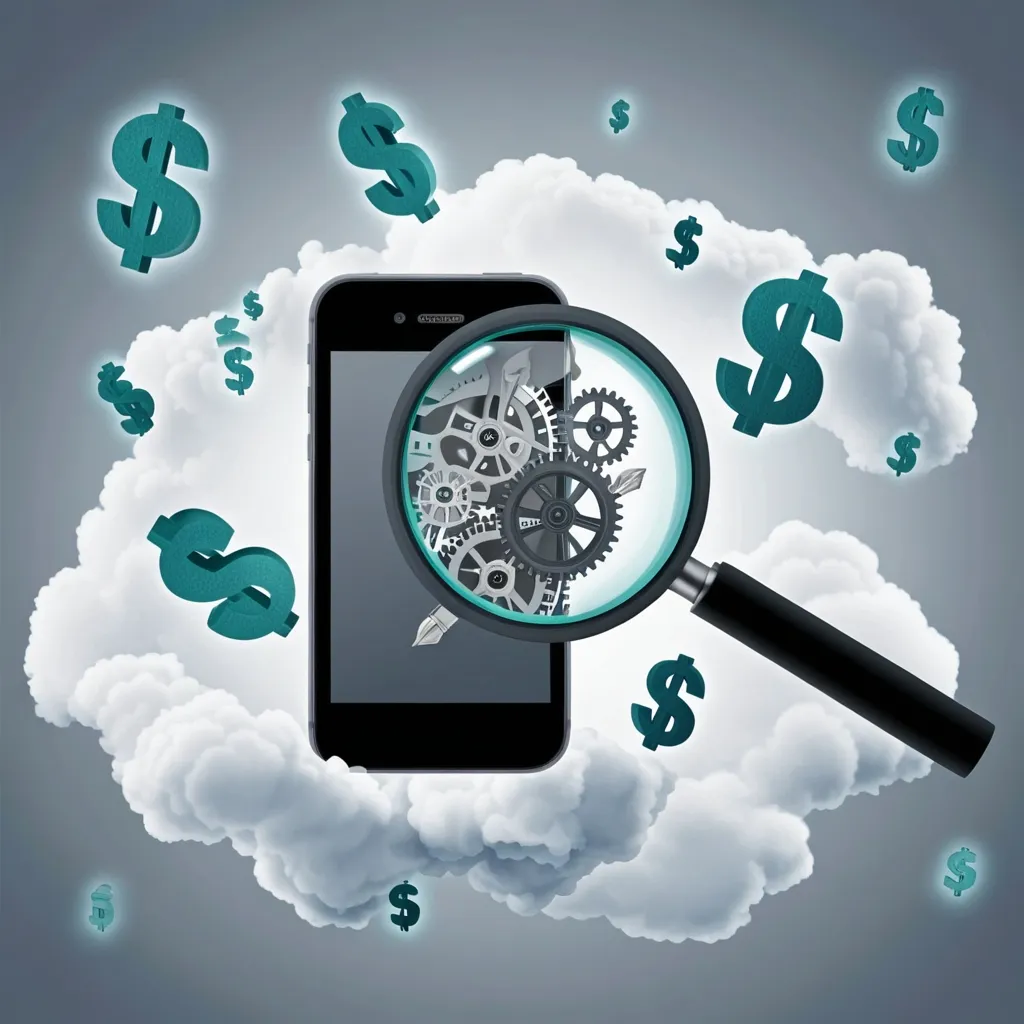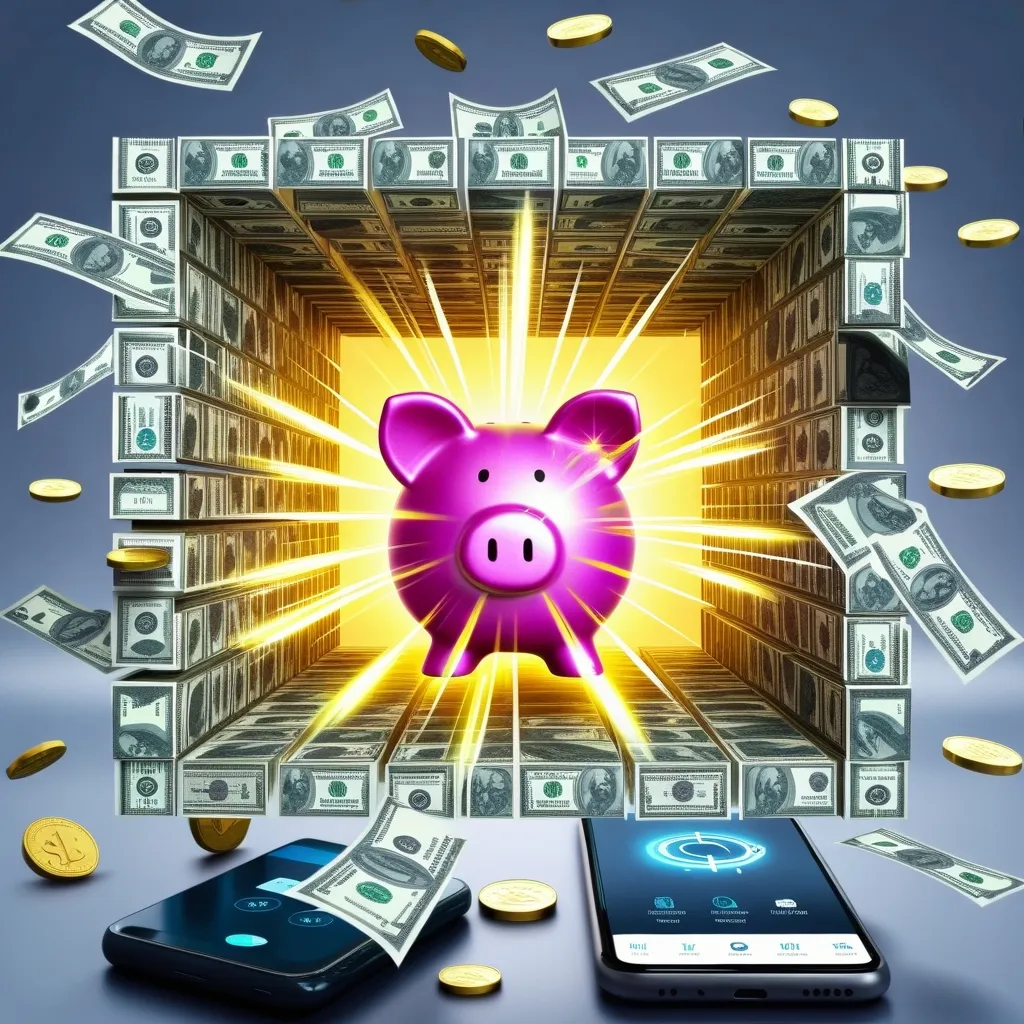The Hidden Costs of Free Apps: What You’re Really Paying For
We’ve all been there. You’re browsing the app store, looking for something new to download, and you see it: “Free.” It’s like music to your ears, right? But hold up a sec. Is that app really free, or are you paying in ways you didn’t even realize?
Let’s dive into the world of “free” apps and uncover what’s really going on behind the scenes. Trust me, it’s wilder than you might think.
First off, let’s talk data. You know how they say if you’re not paying for the product, you are the product? Well, in the app world, that’s spot on. When you download a free app, you’re essentially trading your personal info for the right to use it. And I’m not just talking about your name and email address.
These apps are collecting all sorts of juicy details about you. Your location, your browsing habits, even the way you type on your phone. It’s like having a nosy neighbor who’s always peeking through your windows, except this neighbor is selling what they see to the highest bidder.
Think about it. That fitness app you use to track your workouts? It might be selling your location data to advertisers. Suddenly, you’re getting bombarded with ads for local gyms and protein shakes. Coincidence? I think not.
But it’s not just about annoying ads. This data collection is big business. There are companies out there called data brokers, and their whole job is to buy and sell your information. They’re creating these detailed profiles about you that can be used for all sorts of things – from deciding what ads you see to determining your credit score or even influencing potential employers.
And let’s not forget about the risks. All this data floating around about you? It’s like a goldmine for cybercriminals. If there’s a data breach (and let’s face it, they happen all the time), your personal info could end up in the wrong hands. Next thing you know, someone’s maxing out credit cards in your name or trying to steal your identity.
It’s not just hypothetical, either. Remember TikTok? It’s been in hot water for collecting way more data than it needs, including stuff like your location and even your keystroke patterns. Creepy, right?
But wait, there’s more! Ever heard of the freemium model? It’s where an app is free to download, but then they hit you with in-app purchases or subscriptions for the “full experience.” It’s like getting a free sample at the grocery store, but then finding out you need to buy the whole store to actually make a meal.
This is super common in games. You download a free game, start playing, and suddenly you’re being asked to pay real money for virtual coins or extra lives. Before you know it, you’ve spent more on in-app purchases than you would have if you’d just bought a paid game outright.
It’s not just games, either. Plenty of productivity and lifestyle apps use this model too. You might download a free travel app, only to find out later that you need to pay to actually book anything through it. Or a photo editing app that watermarks all your pics unless you subscribe to their premium service.
And here’s the kicker – these costs can really add up. It’s easy to forget about that $4.99 monthly subscription you signed up for six months ago. But those small charges can make a big dent in your wallet over time.
Now, let’s talk quality. When apps are competing to be free, something’s gotta give. Often, it’s the quality of the app itself. You might end up with an app that’s slow, buggy, or just plain frustrating to use. And don’t even get me started on the ads. Some free apps are so packed with advertisements that you can barely use the actual features.
So, what can you do about all this? Well, for starters, you can be more selective about the apps you download. Take a minute to read the permissions an app is asking for. Does that calculator app really need access to your contacts and camera? Probably not.
You can also adjust your privacy settings on the apps you do use. Most apps have options to limit data collection, but they don’t always make it easy to find. It’s worth taking the time to dig through those settings and lock things down.
Consider investing in paid apps, too. I know, I know – paying for apps feels wrong when there are so many free options. But think about it this way: you’re not just paying for the app, you’re paying for a better experience and more privacy. Plus, paid apps are often higher quality and come with better customer support.
If you’re really concerned about your data, look into privacy-friendly alternatives. There are apps out there that prioritize user privacy and don’t collect or sell your data. They might cost a bit more upfront, but isn’t your peace of mind worth it?
And hey, if you’re feeling overwhelmed by all the data that’s already out there about you, there are services that can help. Tools like Privacy Bee can help you figure out where your personal info is exposed and how to remove it. It’s like hiring a personal privacy assistant.
Remember, in today’s digital world, your data is valuable. It’s as important to protect as your wallet or your house keys. So next time you’re about to hit that “Download” button on a free app, take a second to think about what you might really be paying.
Let me leave you with a real-life example. A few years back, a popular social media platform got caught red-handed installing root certificates on users’ devices. Why? So they could decrypt and collect user data, even from encrypted sources. It’s like they were opening and reading your mail before it even got to you.
The bottom line is this: free apps often come with hidden costs. Whether it’s your privacy, your security, or even your sanity (looking at you, ad-riddled apps), you’re usually paying something. So next time you’re in the app store, remember – sometimes it’s worth paying a little money upfront to save yourself a lot of headaches down the road.
Stay smart, stay safe, and happy app-ing!






